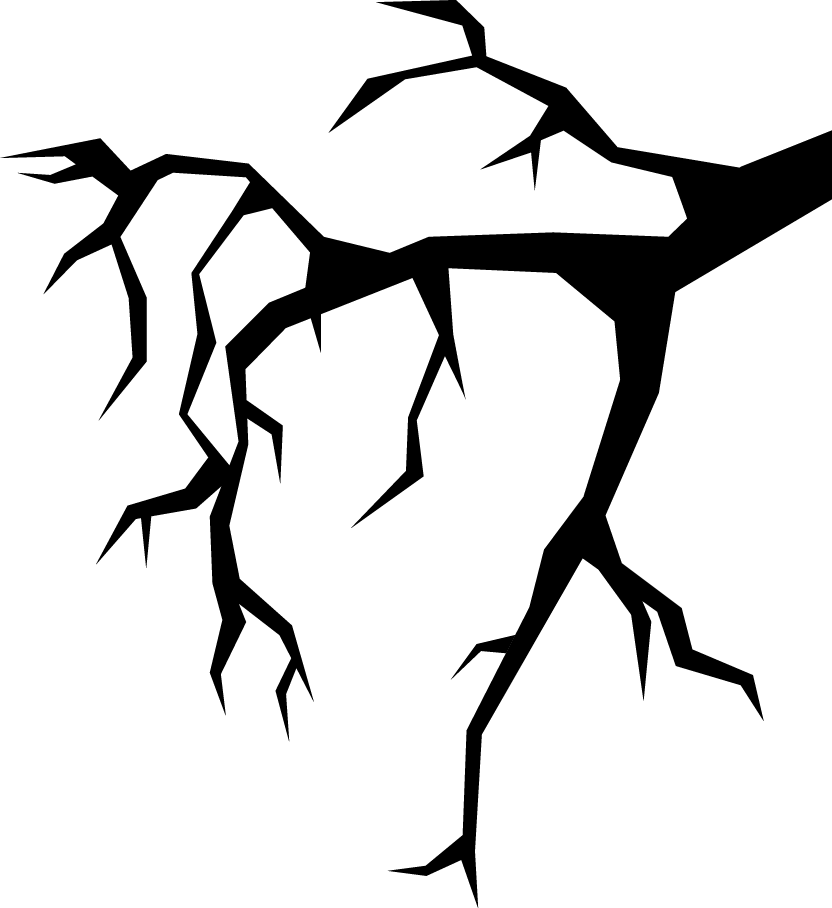


There are several different types of anxiety disorders. Knowing about different types can help you identify what kind of treatments are available. The following are some common types.
Each type of anxiety usually has their own unique symptoms. However, anxiety also has common symptoms across the board. It’s important to seek a professional if you feel you’re exhibiting some of these symptoms persistently to get a correct diagnosis.
Treatments for anxiety will help you take control of your anxiety so that you can continue to live an effective, functioning life. There are many different types of psychological treatments with a professional and things that you can do yourself to help overcome anxiety.
1
"Types of anxiety". Beyond Blue. https://www.beyondblue.org.au/the-facts/anxiety/types-of-anxiety
2
"Social Phobia". Beyond Blue. https://www.beyondblue.org.au/the-facts/anxiety/types-of-anxiety
3
"General Anxiety Disorder". Beyond Blue. https://www.beyondblue.org.au/the-facts/anxiety/types-of-anxiety
4
"Types of Anxiety". Healthline. https://www.healthline.com/health/anxiety/types-of-anxiety#anxiety-types
5
“Anxiety Disorders”. WebMD. https://www.webmd.com/anxiety-panic/guide/anxiety-disorders
6
"What are the main types of anxiety disorder?". Australian Government Department of Health. https://www1.health.gov.au/internet/publications/publishing.nsf/Content/mental-pubs-w-whatanx-toc~mental-pubs-w-whatanx-typ
7
"Signs and Symptoms of Anxiety". Beyond Blue. https://www.beyondblue.org.au/the-facts/anxiety/signs-and-symptoms
8
"Anxiety Management Strategies". Beyond Blue. https://www.beyondblue.org.au/the-facts/anxiety/treatments-for-anxiety/anxiety-management-strategies
9
"Treatments for Anxiety". Beyond Blue. https://www.beyondblue.org.au/the-facts/anxiety/treatments-for-anxiety